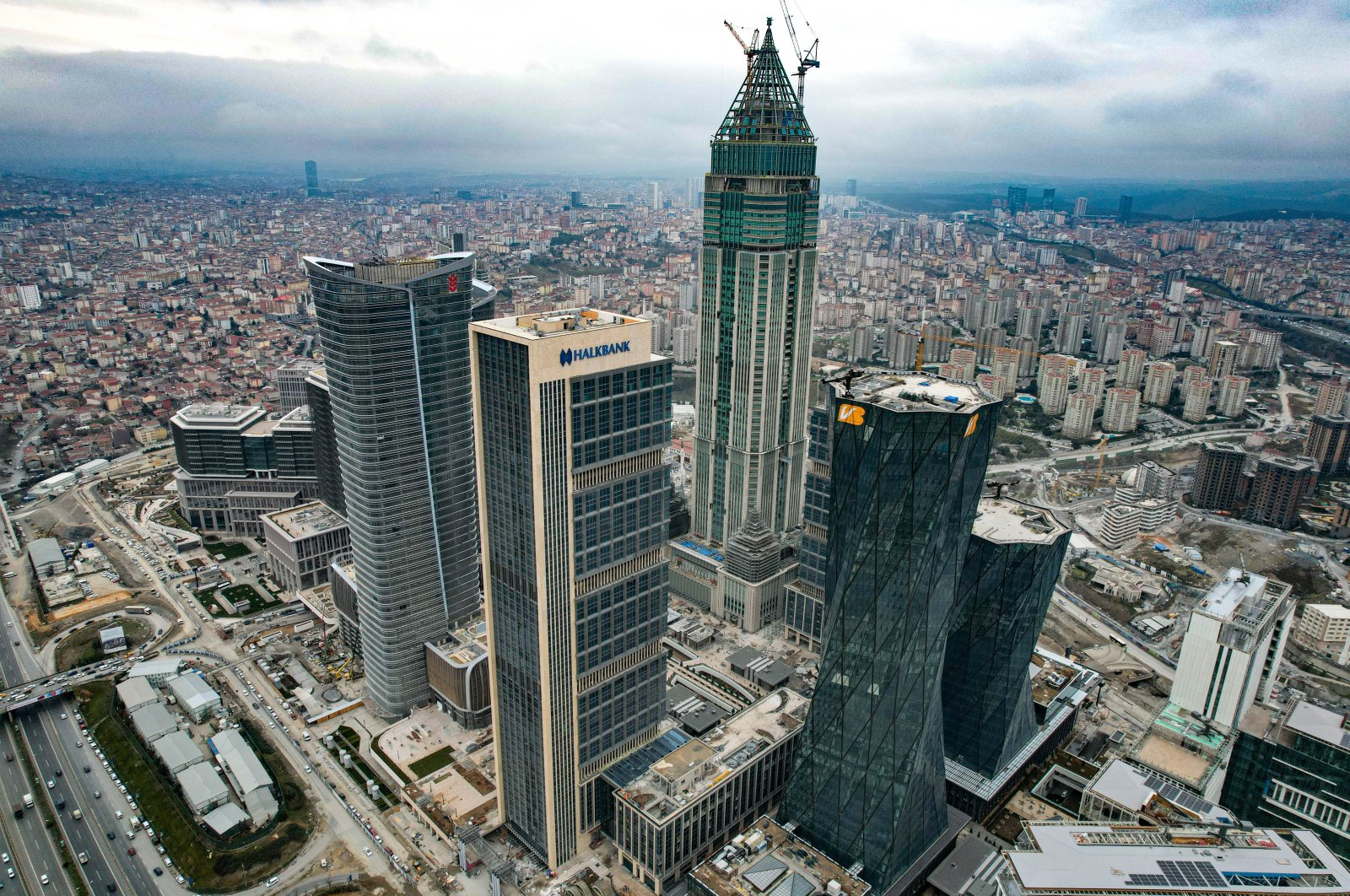Feature: E-commerce booming in Türkiye despite economic woes

A woman shops online in Antalya, Türkiye, on March 29, 2023. Offering good deals to cash-strapped Turkish consumers in search of better value, online shopping is growing in Türkiye amid the cost of living squeeze. According to an annual report revealed by IdeaSoft, Türkiye’s largest supplier of e-commerce infrastructure for small, medium, and large-sized companies, online commerce has grown by 74 percent in 2022. (Photo by Mustafa Kaya/Xinhua)
by Burak Akinci
ANKARA, March 29 (Xinhua) — Offering good deals to cash-strapped Turkish consumers in search of better value, online shopping is growing in Türkiye amid the cost of living squeeze.
According to an annual report revealed by IdeaSoft, Türkiye’s largest supplier of e-commerce infrastructure for small, medium, and large-sized companies, online commerce has grown by 74 percent in 2022.
The e-commerce sales in Türkiye soared 69 percent in 2021 from the previous year, according to official data.
Experts said that the reason behind this e-commerce boom is that consumers’ tendency is to buy cheap stuff online as they lost considerable purchasing power in the past couple of years due to soaring inflation.
The sectors with the highest sales were the DIY market, furniture, electronics, household appliances, food, cosmetics, clothing, and pet shop products, according to the report published on March 20.
“The increase of interest towards e-commerce can be linked to the country’s weak economy, people want to reach affordable goods, and the best way to do it is via the Internet,” told Dogukan Yavuz, an e-commerce expert from Izmit, a northwestern industrial port city located near Türkiye’s financial hub Istanbul.
He told Xinhua in an interview that consumer behavior in Türkiye was altered during the Covid-19 pandemic. “People find physical shopping tiring and time-consuming, and as Türkiye has a young population, the interest in online shopping is growing.”
Istanbul has the highest number of companies engaged in e-commerce, while the capital Ankara and Izmir, the western port city on the Aegean, rank second and third, according to the Turkish Trade Ministry.
“Every day I spend at least half an hour on Trendyol or other online platforms to see if the brands that I follow have bargains, and if it is the case, then I order what I need,” Nergis Bilgin, a secretary at a law firm in Ankara told Xinhua.
Trendyol is one of the leading online marketplace platforms in Türkiye, which has received strategic investments from Chinese e-commerce giant Alibaba and grew exponentially in recent years.
“It’s cheaper and easier to buy online than buying from a retail shop and also hassle-free,” she said.
Türkiye’s consumer prices index (CPI) reached a staggering 85.5 points in October 2022, the highest in 24 years, and then has seen a steady decrease for the past months. In February, annual inflation narrowed to 55.1 percent, according to the Turkish Statistical Institute.
Economists believe that Türkiye’s inflation is projected to remain high throughout 2023 due to the financial fallout of the catastrophic earthquakes in February, which will have an impact on the cost of housing, commodities, and services. ■

A woman shops online in Antalya, Türkiye, on March 29, 2023. Offering good deals to cash-strapped Turkish consumers in search of better value, online shopping is growing in Türkiye amid the cost of living squeeze. According to an annual report revealed by IdeaSoft, Türkiye’s largest supplier of e-commerce infrastructure for small, medium, and large-sized companies, online commerce has grown by 74 percent in 2022. (Photo by Mustafa Kaya/Xinhua)


